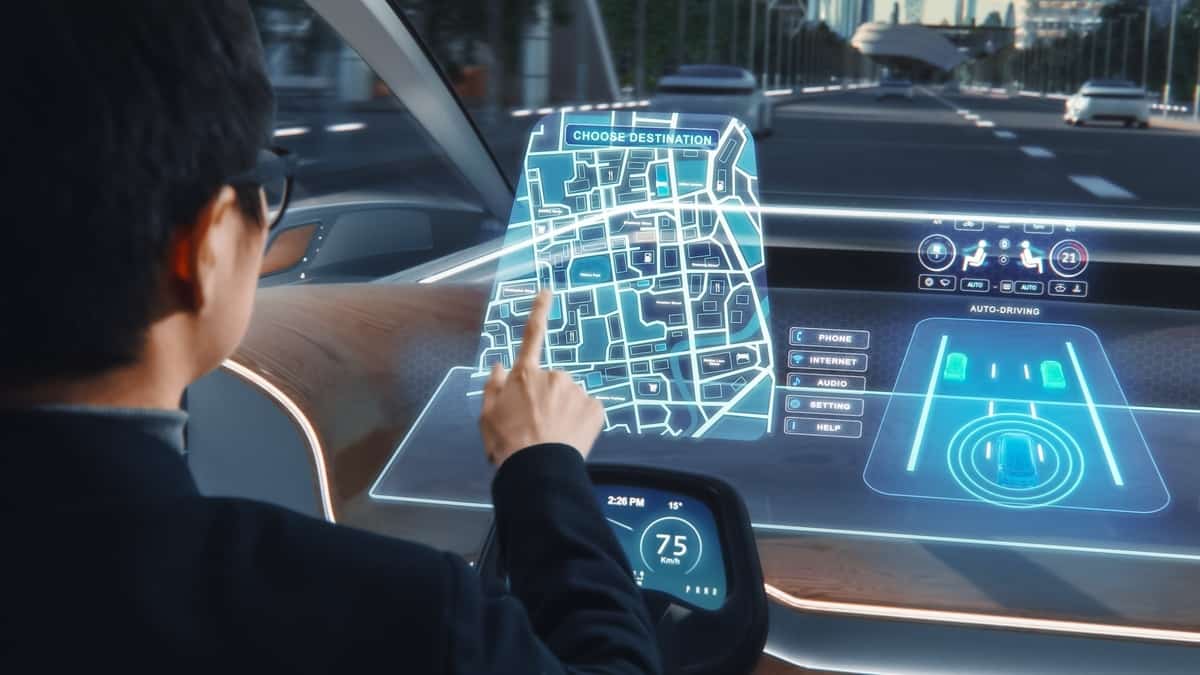The automotive industry continues to advance with new cutting-edge technologies, particularly in terms of connectivity and safety. However, this new level of connectivity makes the car prone to cyber attacks from unwanted third parties.
Average cars apparently have 120+ electronic control units and about 100 million software code lines, Emergen Research stated. Moreover, they have numerous computers managing most of the systems.
In effect, the automotive cyber security market has witnessed significant growth as automakers and regulators look to address the increasing risk of cyber attacks.
Without further ado, below are the top 10 companies in the automotive cyber security market in 2023:
| Rankings | Company | Headquarters | Revenue |
| 1 | Robert Bosch | Gerlingen-Schillerhöhe, Baden-Wuerttemberg | €88.4 Billion |
| 2 | Tesla | Austin, Texas | $81.5 Billion |
| 3 | Intel Corporation | Santa Clara, California | $63.1 Billion |
| 4 | Cisco Systems, Inc. | San Jose, California | $51.6 Billion |
| 5 | Honeywell International Inc | Charlotte, North Carolina | $35.5 Billion |
| 6 | Capgemini | Paris, France | €22.0 Billion |
| 7 | Symantec Corporation | Tempe, Arizona, and Prague, Czech Republic | $3.3 Billion |
| 8 | HARMAN International | Stamford, CT | $2.4 Billion |
| 9 | Continental AG | Hanover, Germany | $340.0 Million |
| 10 | ESCRYPT | Bochum, Germany | $57.7 Million |
More about automotive cyber security
The National Highway Traffic Safety Administration (NHTSA) defines automotive cyber security as “Cyber security, within the context of road vehicles, the protection of automotive electronic systems, communication networks, control algorithms, software, users, and underlying data from malicious attacks, damage, unauthorized access, or manipulation.”
It is basically about vehicles’ computer system defenses from hackers to prevent them from taking over the vehicle.
The Alliance of Automobile Manufacturers, which consists of 12 major automakers, calls for the industry to immediately manage the following cyber security areas to ensure vehicle safety from hackers:
- Security by Design
- Risk Assessment and Management
- Threat Detection and Protection
- Incident Response
- Collaboration and Engagement with Third Parties
- Governance
- Awareness and Training
Significance
Modern cars have multiple computers to manage almost all their systems, such as brakes, steering, and engines. Therefore, the lack of cyber security can attract hackers to attack the car for a data breach or even take full control.
In effect, cyber security has advanced as one of the most crucial elements of modern car technology. Likewise, it also became one of the leading concerns of customers.
Forecast
Emergen Research expects the automotive cyber security market to hit a 21.7% CAGR to $8.61 billion by 2027 from just $1.79 Billion in 2019.
Considering the increasing emergence of connected cars, it would be unsurprising if the industry actually hits that forecast.
The alarming threats from cyber attacks significantly boost the automotive cyber security industry as customers look for cars with such technologies.
See Also:
- Tesla cybersecurity hacked at the Pwn2Own event
- Tesla gets title sponsorship for Pwn2Own Automotive event for automotive security in Tokyo
- Researchers hack Tesla EV to unlock expensive features
- GM to aid electric vehicle battery health maintenance with ALGOLiON acquisition
- Bank of America to kickoff its virtual electric vehicle show on September 8, 2023
All that said, the industry must establish a standardized approach and standards for auto cyber security. It will enable a more convenient and streamlined process of fighting cyber crimes.

